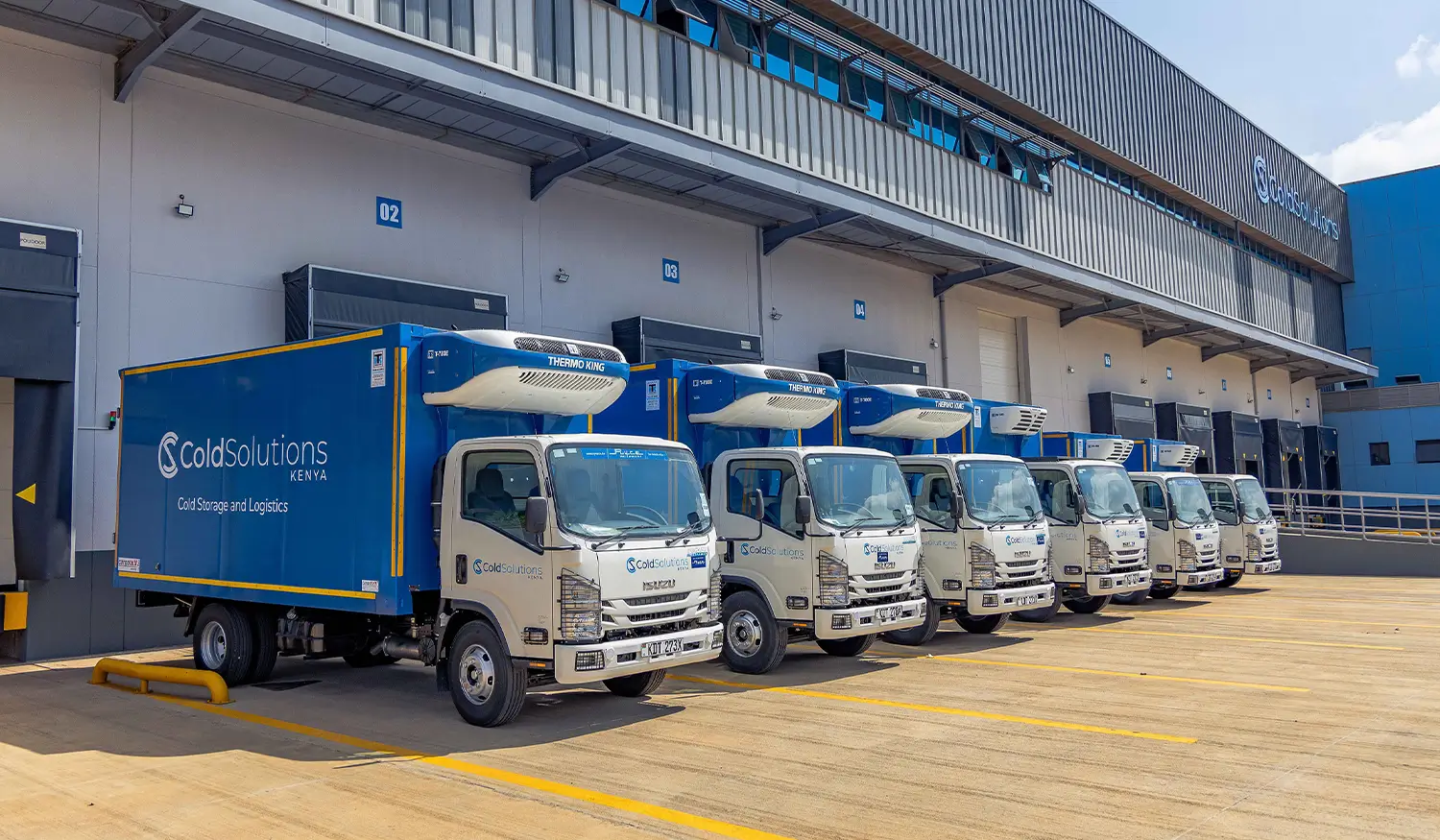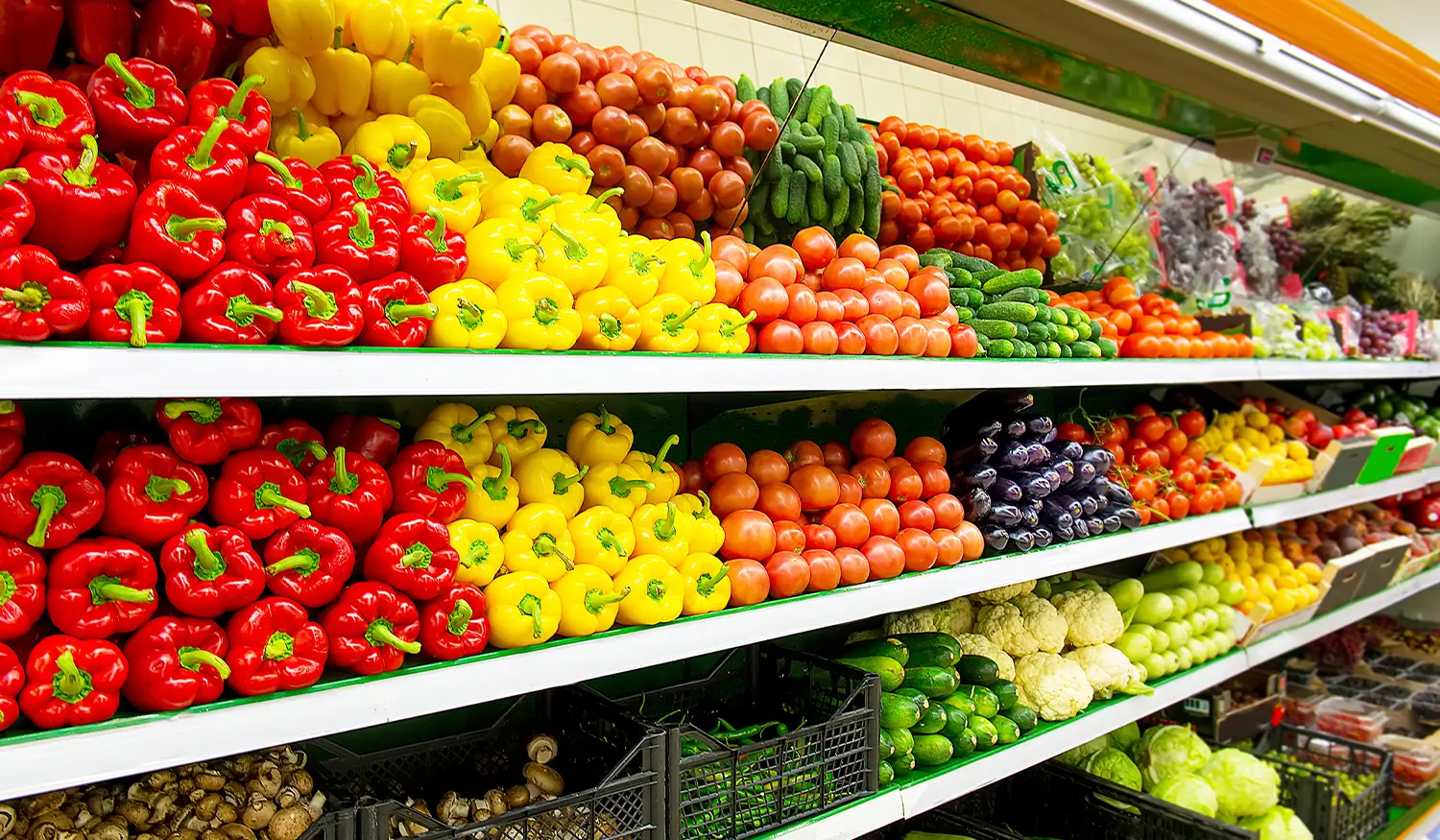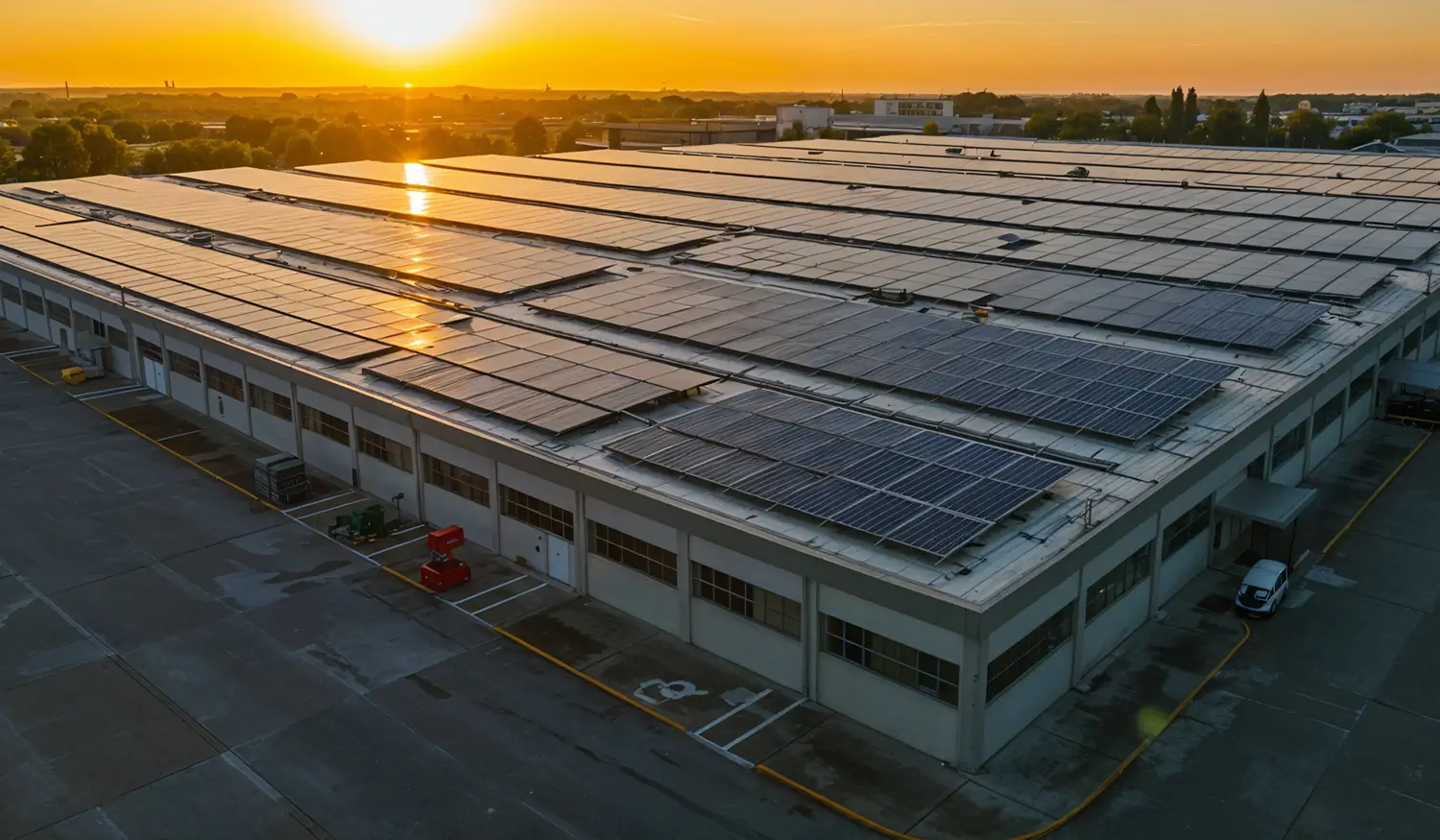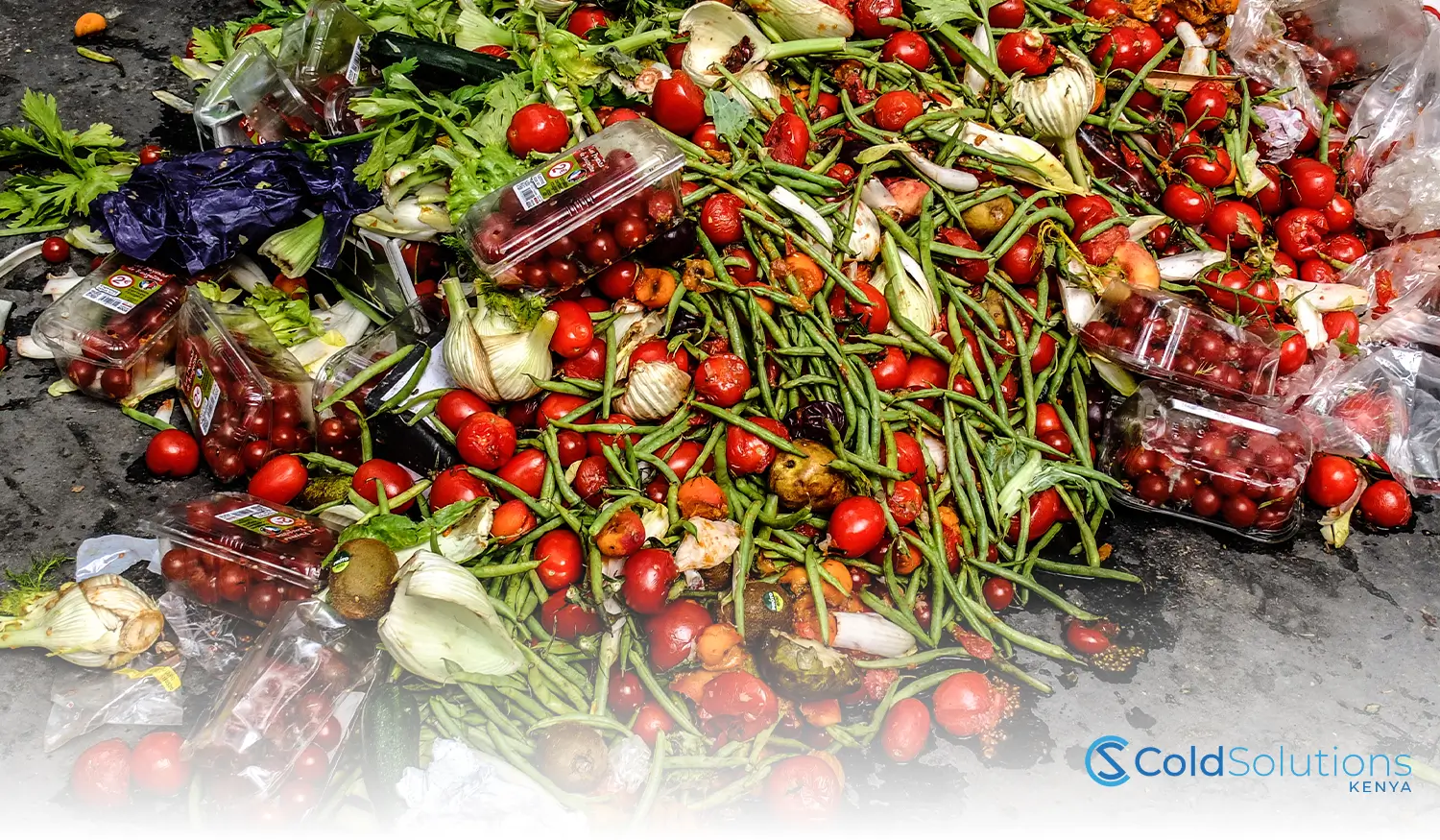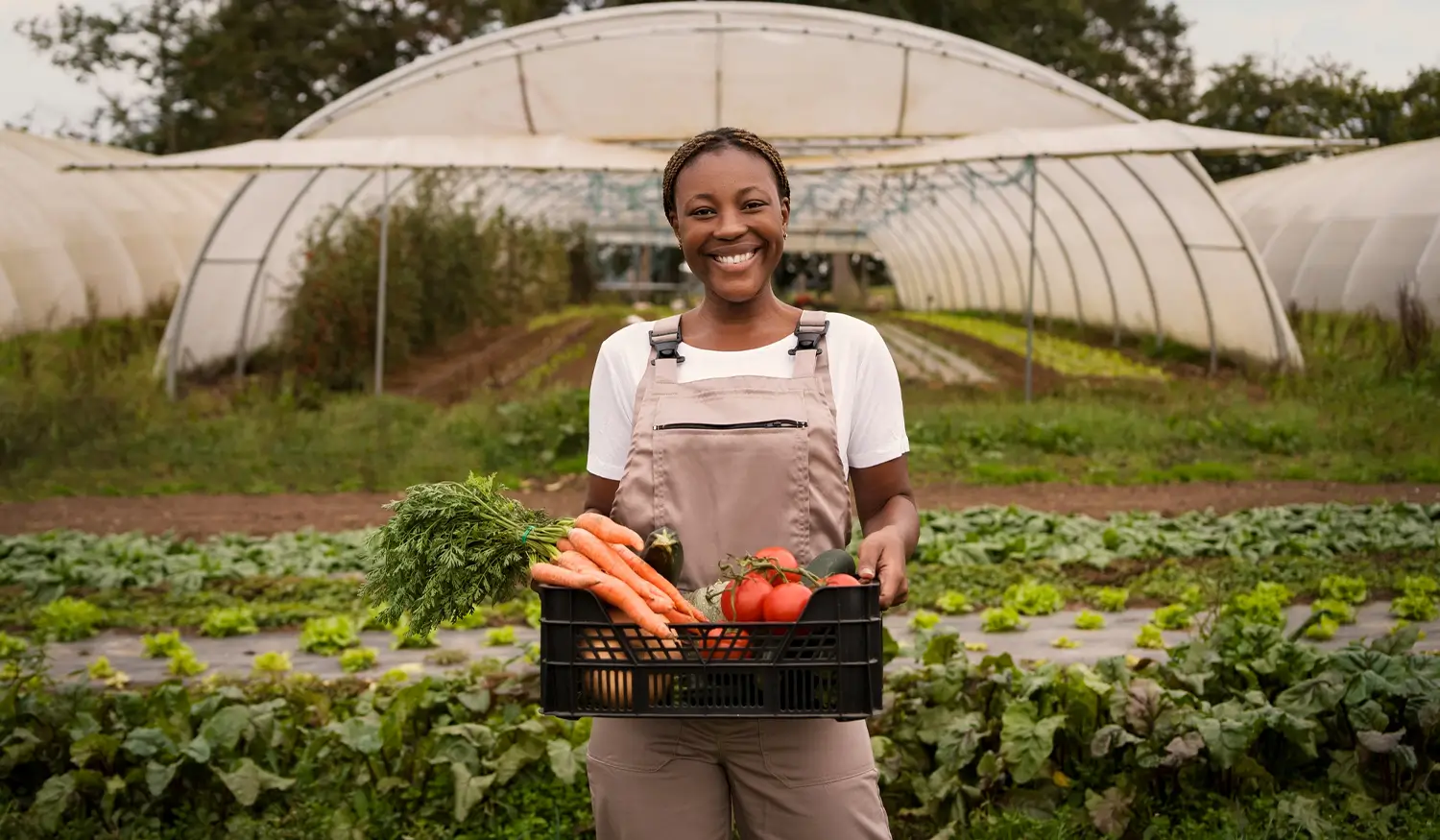
Smallholder farmers produce more than 70% of Kenya’s food, yet they lose up to 40% of their harvests before reaching markets. The culprit? Weak or nonexistent cold chain infrastructure. Without reliable cold storage and refrigerated transport, perishable produce like milk, fish, poultry, and vegetables spoils quickly, forcing farmers to sell at low prices or face total losses.
The solution lies in smarter aggregation. By equipping aggregators with dependable cold chain logistics, Kenya can transform its agricultural system, reduce food waste, and give farmers access to high-value markets.
The Cold Chain Challenge for Smallholder Farmers
- High perishability: Vegetables, dairy, poultry, and fruits start losing value immediately after harvest.
- No farm-level cold storage: Farmers are often forced to sell quickly and cheaply.
- Transport gaps: Without temperature-controlled trucks, even well-harvested produce spoils in transit.
- Missed opportunities: Farmers cannot meet the strict quality standards of export markets, hospitality, or retail chains.
The Aggregator Advantage
Who are aggregators?
Aggregators collect produce from multiple smallholder farms, grade it, standardize it, and connect it to larger buyers. They also handle compliance with food safety standards.
Why aggregators matter:
- Bridge the fragmented supply and market demand
- Reduce costs through bulk logistics
- Improve bargaining power for farmers
- Enable smallholders to participate in export and formal retail chains
How Cold Solutions Kenya Supports Aggregators
At Cold Solutions Kenya, we partner with aggregators to build a reliable cold chain that scales farmer impact. Our services include:
1. End-to-End Cold Storage and Transport
Our high-capacity centralized cold storage hub in Tatu City offers an ideal consolidation point for aggregators servicing smallholder networks. We complement this with our refrigerated fleet that ensures products are collected and delivered within safe temperature windows.
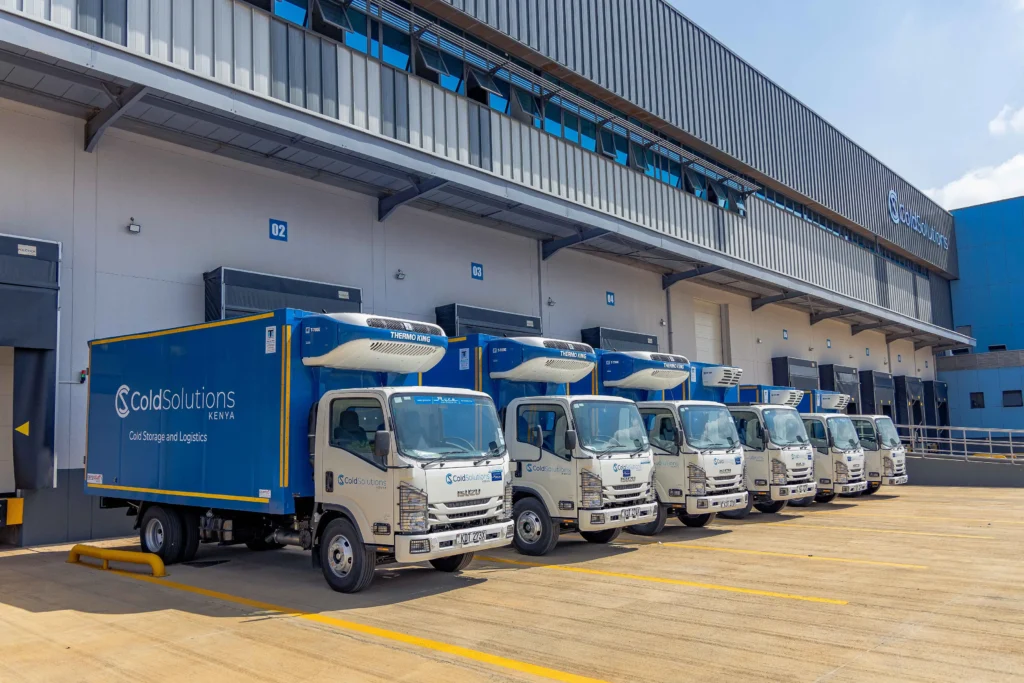
2. Flexible, Scalable Capacity
We understand that smallholder-driven supply is unpredictable and seasonal. Our facilities are designed to support volume fluctuations so aggregators can manage peaks without risking spoilage or overpaying during off-season periods.
3. Real-Time Visibility
Our tech-enabled logistics provide aggregators with live temperature and location tracking. This allows for proactive decision-making and gives buyers full confidence in the integrity of the cold chain.
4. Reduced Loss, Increased Margin
By reducing product spoilage, aggregators improve both farmer payout and their margins. This creates a positive cycle of trust, growth, and investment at the base of the value chain.
Why This Matters for Kenya’s Food Security
- Reducing food waste means more food for everyone. A stronger cold chain prevents massive post-harvest losses, increasing the amount of food available without clearing more land.
- Better incomes mean stronger rural economies. When smallholder farmers keep more of what they grow, they can invest in their families, communities, and future production.
- Market access means true inclusion. Cold chain systems open doors for smallholders to participate in retail, hospitality, and export markets that were previously out of reach.
- Resilient systems mean food security during crises. Reliable storage and transport help stabilize supply and prices, even in times of drought, floods, or other climate shocks.
With a dependable cold chain, smallholder farmers stop being the weakest link in Kenya’s food system and instead become powerful drivers of national food security and economic growth.
Frequently Asked Questions (FAQs)
Why do smallholder farmers in Kenya lose up to 40% of their produce?
Because they lack cold storage and refrigerated transport, perishable goods spoil within hours if not kept at safe temperatures.
How does a cold chain benefit smallholder farmers?
It reduces waste, extends shelf life, and gives farmers time to negotiate better prices instead of rushing to sell.
What role do aggregators play in cold storage logistics?
They consolidate produce, standardize quality, and connect farmers with large-scale buyers. With cold chain support, they ensure consistency and compliance with strict market requirements.
Does Cold Solutions provide only transport or also cold rooms?
We offer both modular cold storage facilities near farms and last-mile refrigerated transport to processors, retail, and export channels.
Are these services affordable for smallholder farmers?
Yes. By working through aggregators, cooperatives, and farmer groups, we share costs and use scale-based pricing, making cold chain access affordable.
How does cold chain infrastructure strengthen Kenya’s food security?
It cuts food waste, improves farmer incomes, and ensures a year-round supply of fresh produce to urban and export markets.




